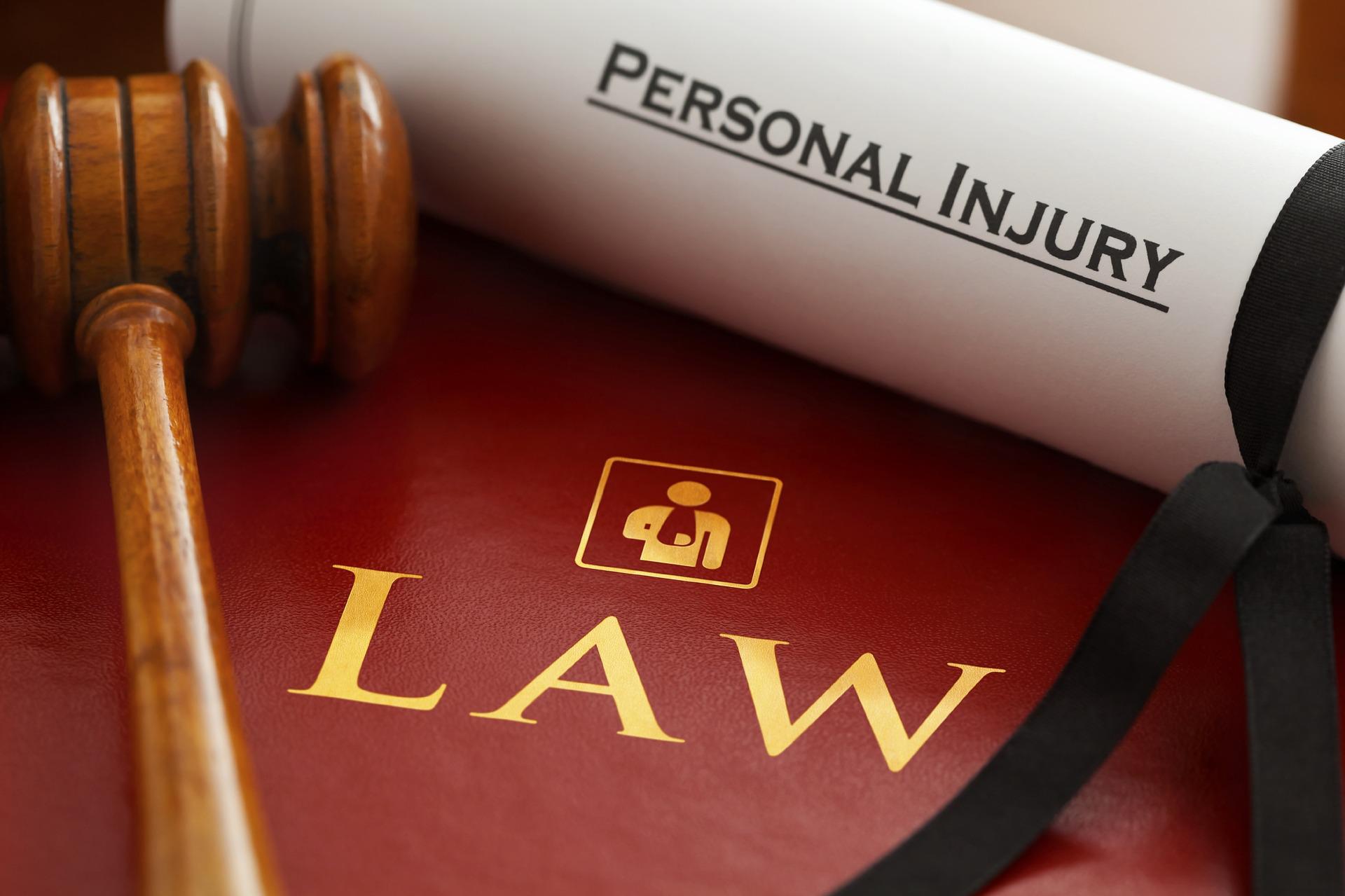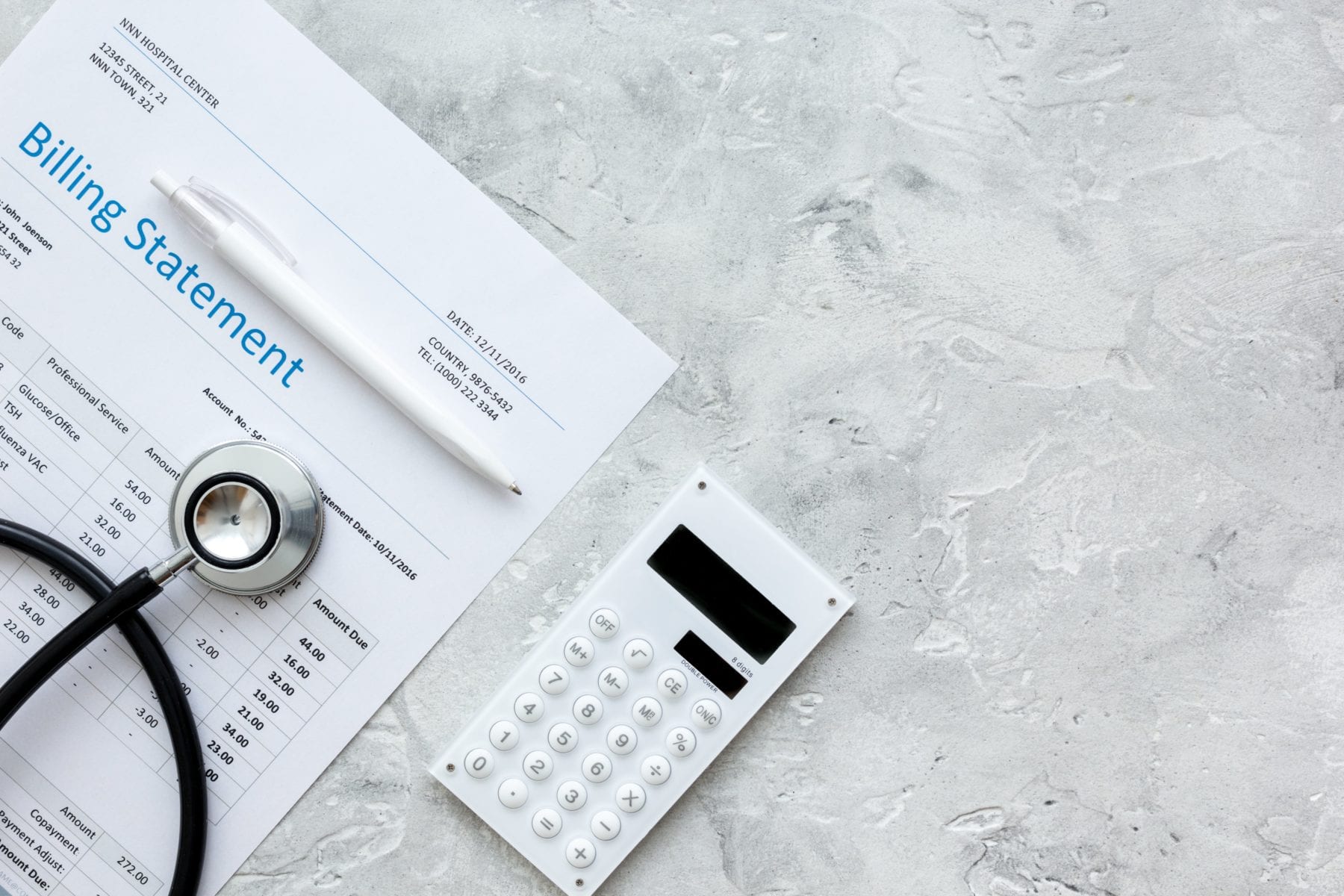
Understanding Compensatory and Punitive Damages in a Civil Case
Every personal injury case involves negligence. As someone who sustained an injury, your goal is to show that the party who hurt you is indeed responsible for your suffering and to ensure they pay the price. To do this, you need to prove that the party’s negligence caused your accident and directly contributed to your injuries.
The best way to go about recovering much-needed funds is through a personal injury lawyer. Your lawyer will investigate all the facts of your case to reveal evidence that highlights the negligent party’s guilt. Ultimately, you seek monetary damages to help you recover from your injuries, which might cost you several thousands of dollars in medical bills alone. Your lawyer’s duty is to prove the liable party’s negligence and get them to pay for those expenses.
What are damages in a personal injury case?
“Damages” is the legal term for monetary awards that plaintiffs receive when they win their personal injury lawsuits. They can also come from a settlement with the party or parties responsible for the harm done. Damages exist to help the person injured recover from their injuries and get back on their feet. An attorney may be able to recover two types of damages in a successful personal injury lawsuit: compensatory and punitive damages.
Compensatory Damages in a Personal Injury Case
Compensatory damages cover the costs of actual injuries and losses sustained in an accident. If you have been seriously hurt, your attorney will likely seek compensatory damages first and foremost. Such awards can help you get back to the financial state you enjoyed before the accident occurred. There are two types of compensatory damages which are tangible and intangible losses.

Tangible Losses
Tangible losses aim to help you recover funds you lost because of your accident and are relatively easy to determine. They usually include things like:
- Medical bills: Your attorney will seek financial compensation for any medical treatment you need because of the accident.
- Lost wages: If you were severely injured, you likely cannot return to work while you recover from your injuries and receive care. You will likely suffer a significant loss of income, which your lawyer will try to seek when representing your case. Past and future income can be awarded depending on the impact your condition will have on future employment opportunities.
- Property damage: If you were hurt in a car accident, your car probably took a hit. It might cost thousands of dollars to repair your vehicle, which is an expense the liable party will cover in a successful lawsuit. You can also recover funds for damaged clothing or other personal items that broke during the accident, such as computers and phones.
- Legal fees: Your lawyer will seek compensation to cover the costs of your legal fees including court costs, attorney fees, costs of traveling to and from court, and any work you might miss because of the case.
Intangible Losses
A personal injury case can take a considerable toll on injured parties. Non-economic compensatory damages aim to restore intangible losses the plaintiff suffered. Since they have no set price, they can be difficult to calculate. A personal injury attorney will be able to provide a realistic estimate during a free consultation.
- Pain and suffering: How do you put a price on pain? This is one of the hardest damages to calculate. Generally, injuries that recover more quickly receive fewer funds than those that take a long time to heal. Plaintiffs expected to suffer from an impairment or physical disfigurement typically receive more money for these conditions.
- Emotional distress: Pain is both physical and emotional. Mental distress is another type of suffering which manifests through anxiety, fear, and/or depression resulting from the accident. A person who loses sleep or interest in hobbies may recover damages for emotional distress.
Punitive Damages
In addition to economic and non-economic damages, a plaintiff might also be able to receive punitive damages. Punitive damages are typically reserved for cases of extreme negligence and are intended to punish the defendant and set an example to others to avoid egregious negligence.
Not all successful personal injury cases result in punitive damages. The at-fault party must demonstrate a willful disregard for the health and safety of others to show that their negligence was bad enough to warrant punitive damages.
Were You Injured in Orlando? Talk to the Lawman
At The Umansky Law Firm, our team of compassionate personal injury lawyers has helped countless people in Orlando recover the funds they need to move on with their lives. We have over 100 years of combined experience achieving desirable outcomes in personal injury cases. Call at any time to discuss your case or contact us.


